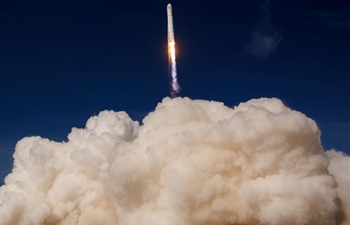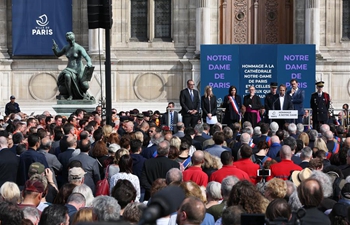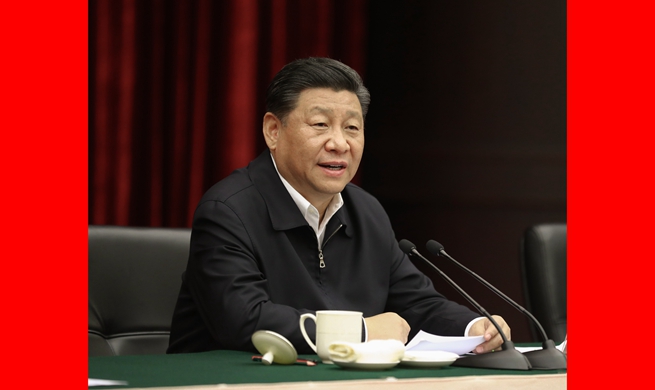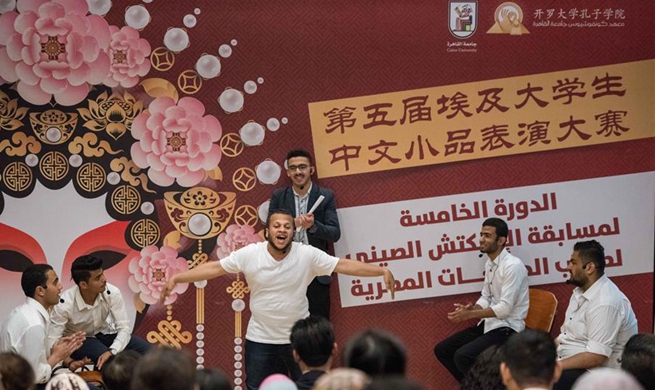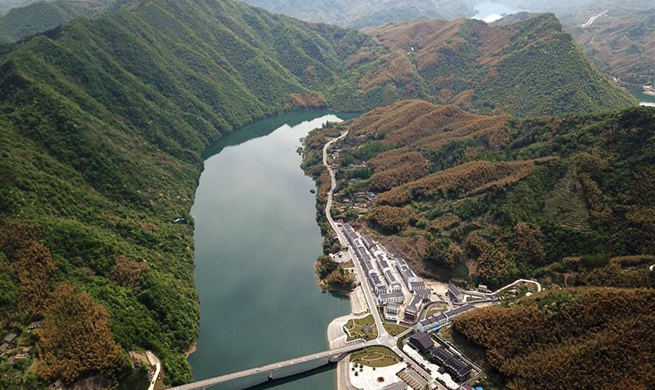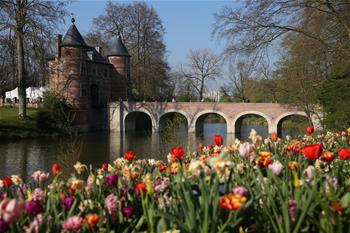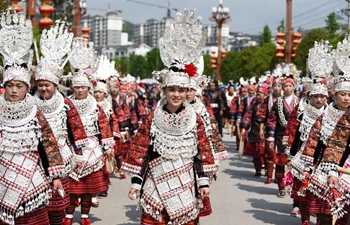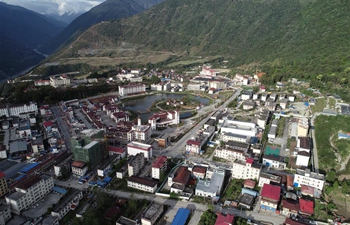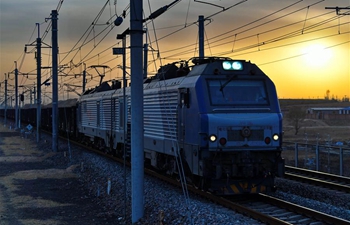by Raimundo Urrechaga
HAVANA, April 18 (Xinhua) -- Political consensus around Cuban President Miguel Diaz-Canel's leadership has strengthened after an "intense and challenging" period, said Iroel Sanchez, an expert at the University of Havana.
Friday marks the president's his first year in office.
"Diaz-Canel has renovated the government's capacity to confront complex issues in constant contact with leaders and the people all over the country. Amid enormous challenges, both domestic and abroad, he has come out successfully," Sanchez said.
The Cuban president was elected by the National Assembly last year for a five-year term in which he vowed to continue the socialist path started by Fidel Castro in 1959 and followed by his brother, Raul Castro, who still heads the country's Communist Party.
In the past year, the Cuban head of state has urged local and national leaders to cease bureaucracy and stay in constant contact with the people and their problems, Sanchez said.
"He has a method of direct contact with the problems and the people, systematic meetings on the country's top sectors and priorities and emphasizes the importance of efficiently communicating the government's work to the population," Sanchez said.
Last October, Diaz-Canel opened an account on Twitter. He has pushed forward greater access to the Internet, e-government and commerce in the country and established a direct link through social media and websites with the people.
"This practice has definitely yielded results particularly with young people. Not only is there more Internet access now but also a new way for the people to communicate with different government structures and levels," he added.
Nonetheless, over the year, the president has faced a tough and complex domestic economic situation, further deteriorated by the intensification of U.S. pressure on Cuba.
"Diaz-Canel's greatest challenge is definitely economic, the country's financial situation isn't good as there's a significant amount of debt with other nations and the strategy to attract foreign capital hasn't yielded the expected results," Sanchez said.
"There's political consensus on his leadership which will allow for a number of economic measures like providing greater power to municipal governments, decentralizing various sectors and establishing a direct link between the private sector and the state apparatus," Sanchez said.
Attracting foreign investment is also a great challenge ahead as Havana looks to draw hard currency, modernize and make its economy more efficient and increase exports, Sanchez said.
